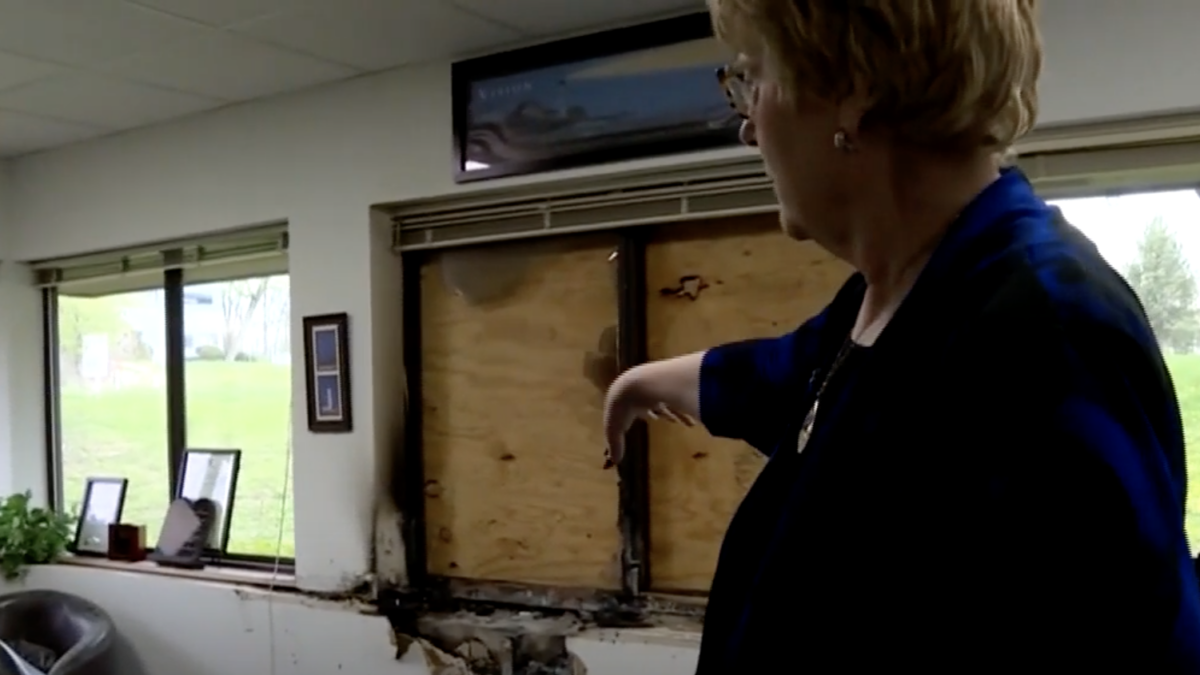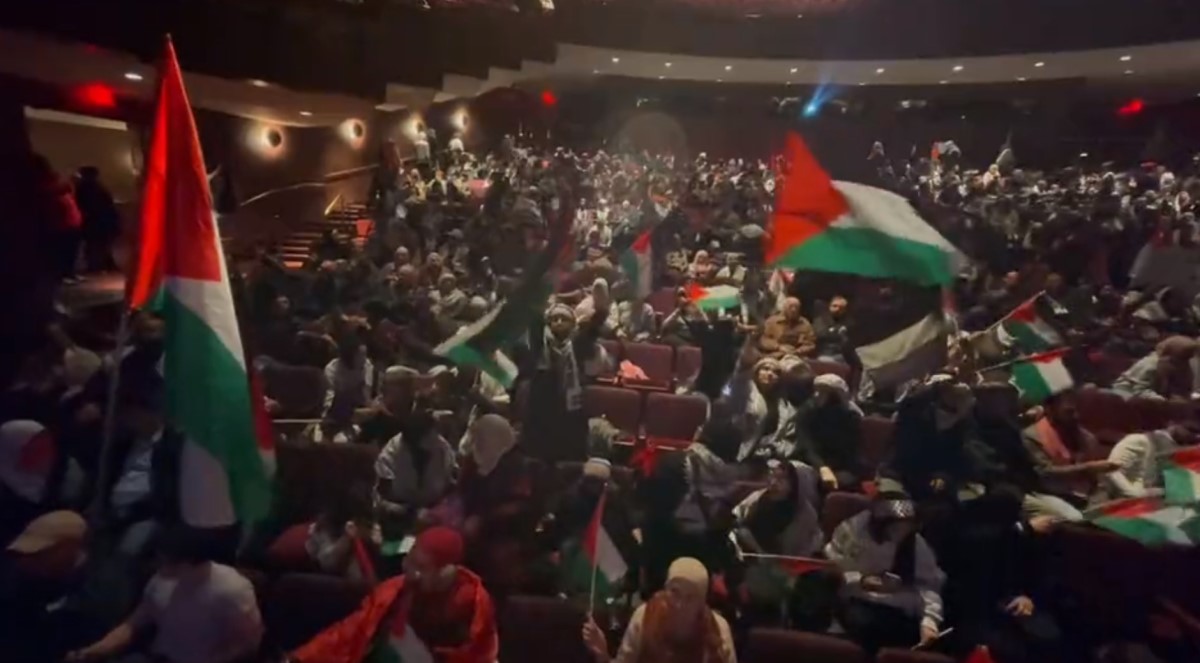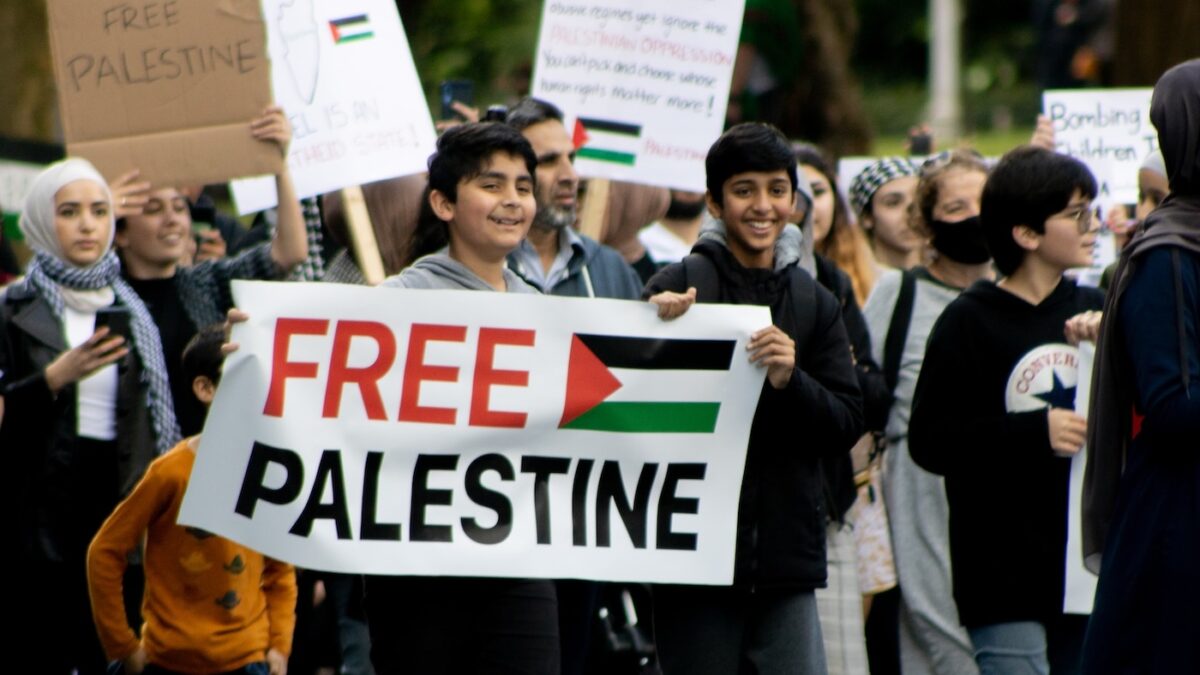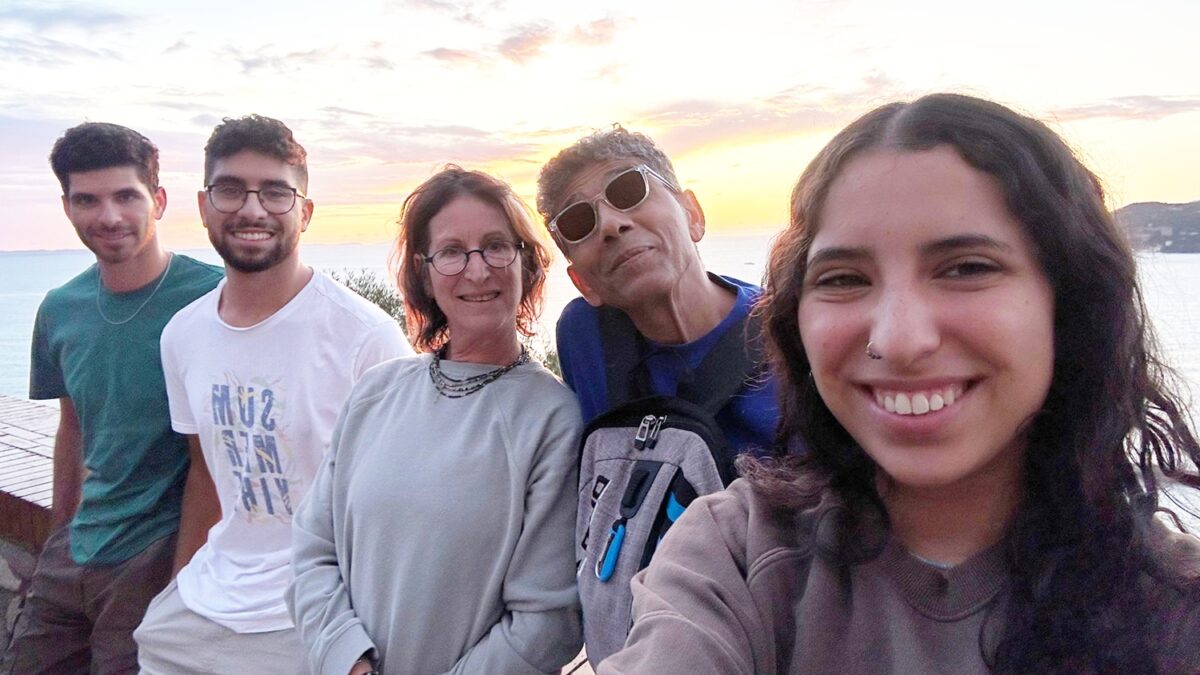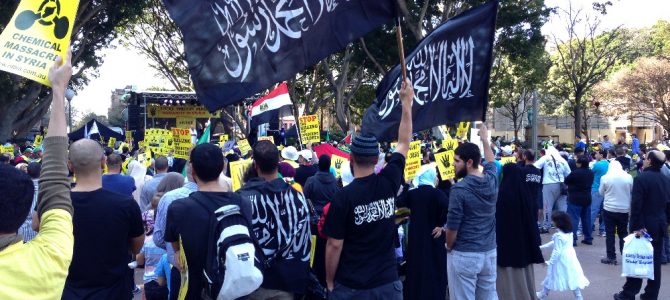
If we are to believe media reports, the Trump administration has all but abandoned efforts to designate the Muslim Brotherhood as a terrorist organization. While Brookings scholar Shadi Hamid trumpeted that “American experts who study the Muslim Brotherhood unanimously oppose their designation,” a wide range of opinion on the Islamist group remains, both inside and outside the Beltway.
In fact, a diverse range of voices favors Washington puting the squeeze on the Muslim Brotherhood, even if there are debates about to how to move forward in the most effective manner. Former Ambassador Dennis Ross, co-author of a leading work on the Brotherhood’s Palestinian branch, the terrorist group Hamas, recently wrote a stinging article targeting the tiny gulf state of Qatar for its role in financing the group. Ross notes,
Few countries have done more to promote the Muslim Brotherhood, including its Palestinian offshoot Hamas, than Qatar. The actions of the Muslim Brotherhood may vary from country to country, but it rationalizes attacks against American forces and interests, rejects the very concept of peace with Israel, and promotes religious intolerance.
Just so. While Ross doesn’t explicitly call for designating the group as a terrorist organization, he does poke holes in the view—prevalent during the Obama administration—that the Brotherhood represents a bulwark against Islamic terrorism rather than a network of support for it. That flawed approach has been the basis for much of the immense bureaucratic opposition from both the Central Intelligence Agency and State Department to designating the Brotherhood.
We’re Already Halfway There
Soon after Trump’s victory late last year, State Department and CIA memos opposing designation were leaked to sympathetic media, and fed into a fierce public relations campaign the Brotherhood funded abroad. An echo chamber of validators amplified these efforts, using self-proclaimed Islamist and counterterror experts whose think tanks receive lavish funding from Gulf States like Qatar.
Yet designating the Brotherhood enjoys a base of broad support among Republicans, from conservatives like Sen. Ted Cruz to traditional centrists likes Utah’s Sen. Orrin Hatch, and even a handful of Democrats. Some foreign governments have also supported a designation, including the United Arab Emirates and Egypt.
Indeed, elements of the Muslim Brotherhood have already been designated. The effort began in 1993, when President Bill Clinton designated its Palestinian branch—better known as Hamas—as a Foreign Terrorist Organization. Then, almost immediately following 9/11, U.S. counterterrorism efforts against the Muslim Brotherhood began in earnest. By the end of President Bush’s second term, numerous Brotherhood charities and organizations, both foreign and domestic, had been designated, and others criminally prosecuted for terrorism activity.
Additionally, a number of Brotherhood leaders were personally designated, including Yemeni Brotherhood leader Abdul Majeed Al-Zindani and one of the leaders of the International Muslim Brotherhood organization, Youssef Nada. Most of these designations took place without invoking the Brotherhood’s name, but they were still intentional blows to the group’s terror support network. While the Obama administration reversed some of these designations, others remain.
What the Trump Administration Should Do
Any effective policy to combat the Muslim Brotherhood would involve freeing the Treasury Department to once against begin designating and sanctioning the Muslim Brothers and their various front organizations and branches for terrorism finance and their other illegal activities.
This step can be taken as soon as key nominees are confirmed, a process that Democratic Senators have unfortunately slowed to a crawl. Just this week, Sen. Ron Wyden announced he would block the nomination of Sigal Mandelker to be undersecretary of the Treasury for terrorism and financial intelligence.
In addition to Treasury enforcement action, knowledgeable federal law enforcement officers within the government recognize the nature and threat of the Muslim Brotherhood. These officers investigated Muslim Brotherhood-related cases during the Bush administration, and they understand the role the Muslim Brotherhood plays in terrorism and terror finance.
This includes agents who have dedicated nearly a lifetime of federal service to investigating the Brotherhood’s terror connections. Unfortunately, the Obama administration broke up the taskforce that won key counterterrorism convictions against Brotherhood leaders, meaning some of America’s best experts on the Muslim Brotherhood have been relegated to other tasks. Restoring this taskforce for federal law enforcement is a necessary step, and could be accomplished by the Trump Department of Justice with a modicum of effort.
Perhaps most importantly, the public debate around designating the Muslim Brotherhood deserves transparency. A tranche of Brotherhood documents federal law enforcement captured, while reportedly not classified, have not been made available to the general public. They should be released immediately.
Additionally, the nature of the U.S. government’s policy towards Islamist movements like the Muslim Brotherhood over the past decade deserves clarification. Presidential Study Directive-11, which reportedly deals with U.S. policy towards Islamist movements in the Middle East, and its associated documents should be declassified and made available for examination. Former House Permanent Select Committee on Intelligence Chairman Pete Hokstra made this argument at a hearing in September last year.
As with the documents taken during the raid on Abbottabad when Osama bin Laden was killed, and the so-called “side deals” of the Iran deal, these documents also deserve to see light of day so a reasoned debate can begin over how the U.S. government should best respond to the threat the Muslim Brotherhood poses. These are all actions the Trump administration can begin immediately.
Finally, a role for Congress remains in this debate. Thanks to the leadership of Rep. Mario Diaz-Balart and Cruz, legislation on designation remains before both the House and Senate. Hearings on the Muslim Brotherhood, its role in supporting terrorism, and U.S. policy towards the group are all not only appropriate, but well overdue as a companion to White House efforts.
It’s inaccurate to say no support exists for designating the Muslim Brotherhood, but it is fair to say the window for a successful effort is closing fast. If the Trump administration intends to keep this important part of their broader platform to make America safe again, they need to move swiftly.


